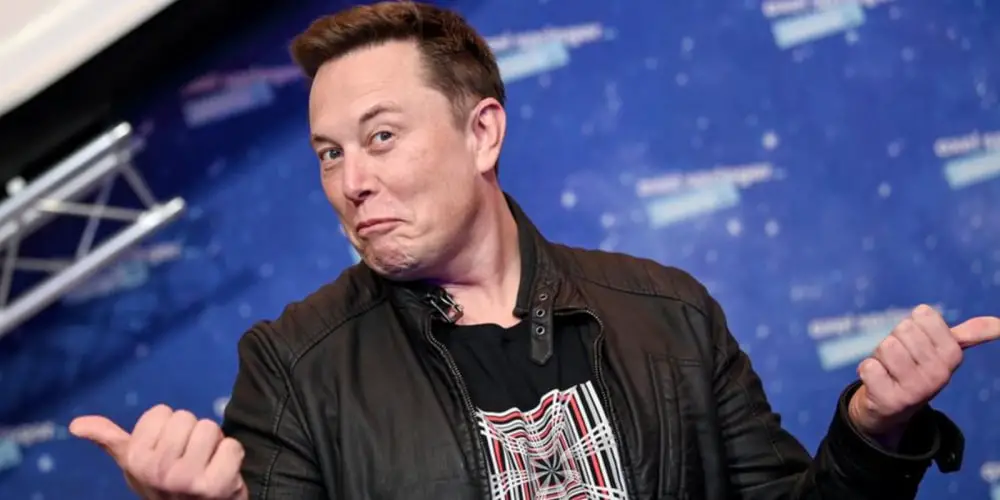Invaded by Russia since Thursday, Ukraine represents 90% of the production of neon, an essential gas in the production of semiconductor. On the Russian side, the country produces 35% of the world’s demand for palladium, a rare metal also found in processors and other components.
Ukraine supplies more than 90% of the US neon
Already hard hit by the pandemic and the rise in raw material prices, the semi-components market could also be the collateral victim of the war in Ukraine, and cause new problems in the supply chain. Reuters thus recalls that Ukraine is a major producer of neon , a gas which is an essential component for lasers used in the manufacture of chips.
According to estimates by research firm Techcet , Ukraine supplies more than 90% of the US’s semiconductor-grade neon. In addition, about 33% of palladium , a rare metal also used for semiconductors , comes from Russia. A large-scale conflict, both in duration and in geographic scope, could curb exports of these elements and hit giants like Intel, which gets about 50% of its neon from Eastern Europe, hard, according to JPMorgan.
![]()
No shortage to expect
But, on the side of the semiconductor industry , it is considered “unlikely” that the crisis in Ukraine will worsen the shortages. Russia is a small market for the chip industry and its invasion of Ukraine does not pose a threat to chip supply, according to the Semiconductor Industry Association.
“ While the impact of the new sanctions on Russia may be significant, Russia is not a significant direct consumer of semiconductors, accounting for less than 0.1% of global chip purchases ,” said John Neuffer, P .-DG of SIA, in a press release . Additionally, the semiconductor industry has a diverse set of suppliers of key materials and gases, so we do not believe there are any immediate supply disruption risks related to Russia and the United States.
The annexation of Crimea had changed the game
Like ASML, which supplies machines to semiconductor makers from Intel and other IT giants like Samsung, the industry giants have diversified their suppliers since 2014 and the annexation of the Crimea by Russia . ” We do not foresee any impact on our supply chain ,” Intel said bluntly. Our strategy of having a diverse and global supply chain minimizes our risk of potential local disruptions .
The same goes for GlobalFoundries Inc. , which has factories in upstate New York, Singapore and Dresden, Germany. “ We do not foresee any direct risk ,” the company said in a statement, which is pleased not to be dependent on suppliers from this region of the world.




